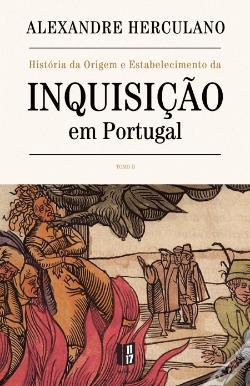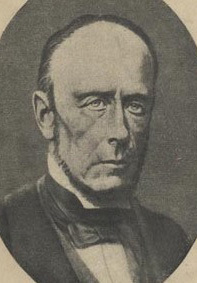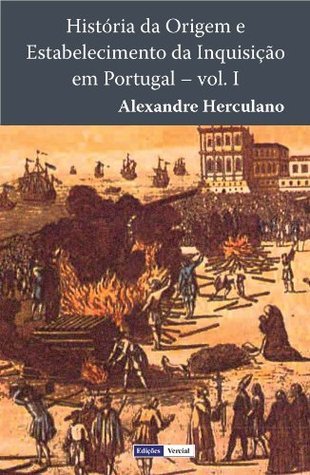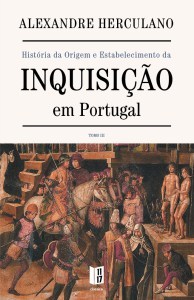
Part of Series
This work has been selected by scholars as being culturally important, and is part of the knowledge base of civilization as we know it. This work was reproduced from the original artifact, and remains as true to the original work as possible. Therefore, you will see the original copyright references, library stamps (as most of these works have been housed in our most important libraries around the world), and other notations in the work. This work is in the public domain in the United States of America, and possibly other nations. Within the United States, you may freely copy and distribute this work, as no entity (individual or corporate) has a copyright on the body of the work. As a reproduction of a historical artifact, this work may contain missing or blurred pages, poor pictures, errant marks, etc. Scholars believe, and we concur, that this work is important enough to be preserved, reproduced, and made generally available to the public. We appreciate your support of the preservation process, and thank you for being an important part of keeping this knowledge alive and relevant.
Author

Alexandre Herculano de Carvalho e Araújo, a Portuguese novelist and historian. Born of humble stock, his grandfather was a foreman stonemason in the royal employ. Privation made him a man, and in his works, he proves a poet of deep and considerable power of expression. The stirring incidents in the political emancipation of Portugal inspired his muse, and he describes the bitterness of exile, the adventurous expedition to Terceira, the heroic defense of Oporto, and the final combats of liberty. In 1837 he founded the Panorama in imitation of the English Penny Magazine, and there and in Illustraco he published the historical tales which were afterwards collected into Lendas e Narratives; in the same year he became royal librarian at the Ajuda Palace, which enabled him to continue his studies of the past. The Panorama had a large circulation and influence, and Herculano's biographical sketches of great men and his articles of literary and historical criticism did much to educate the middle class by acquainting them with the story of their nation, and with the progress of knowledge and the state of letters in foreign countries. Grave as most of his writings are, they include a short description of a crossing from Jersey to Granville, in which he satirizes English character and customs, and reveals an unexpected sense of humour. A rare capacity for tedious work, a dour Catonian rectitude, a passion for truth, pride, irritability at criticism and independence of character, are the marks of Herculano as a man. He could be broken but never bent, and his rude frankness accorded with his hard, sombre face, and alienated mens sympathiea though it did not lose him their respect. His lyrism is vigorous, feeling, austere and almost entirely subjective and personal, while his pamphlets are distinguished by energy of conviction, strength of affirmation, and contempt, for weaker and more ignorant opponents. His History of Portugal is a great but incomplete monument. A lack of imagination and of the philosophic spirit prevented him from penetrating or drawing characters, but his analytical gift, joined to persevering toil and honesty of purpose enabled him to present a faithful account of ascertained facts and a satisfactory and lucid explanation of political and economic events. His remains lie in a majestic tomb in the Jerónimos Monastery at Belem, near Lisbon, which was raised by public subscription to the greatest modern historian of Portugal and of the Peninsula. His more important works have gone through many editions and his name is still one to conjure with.

